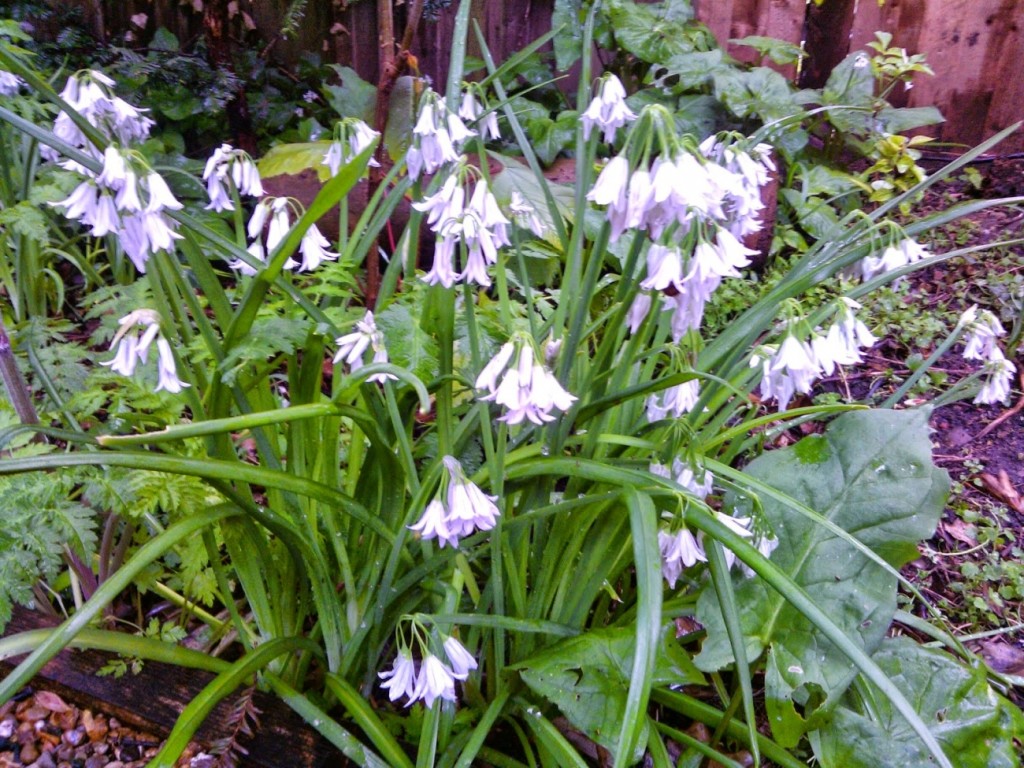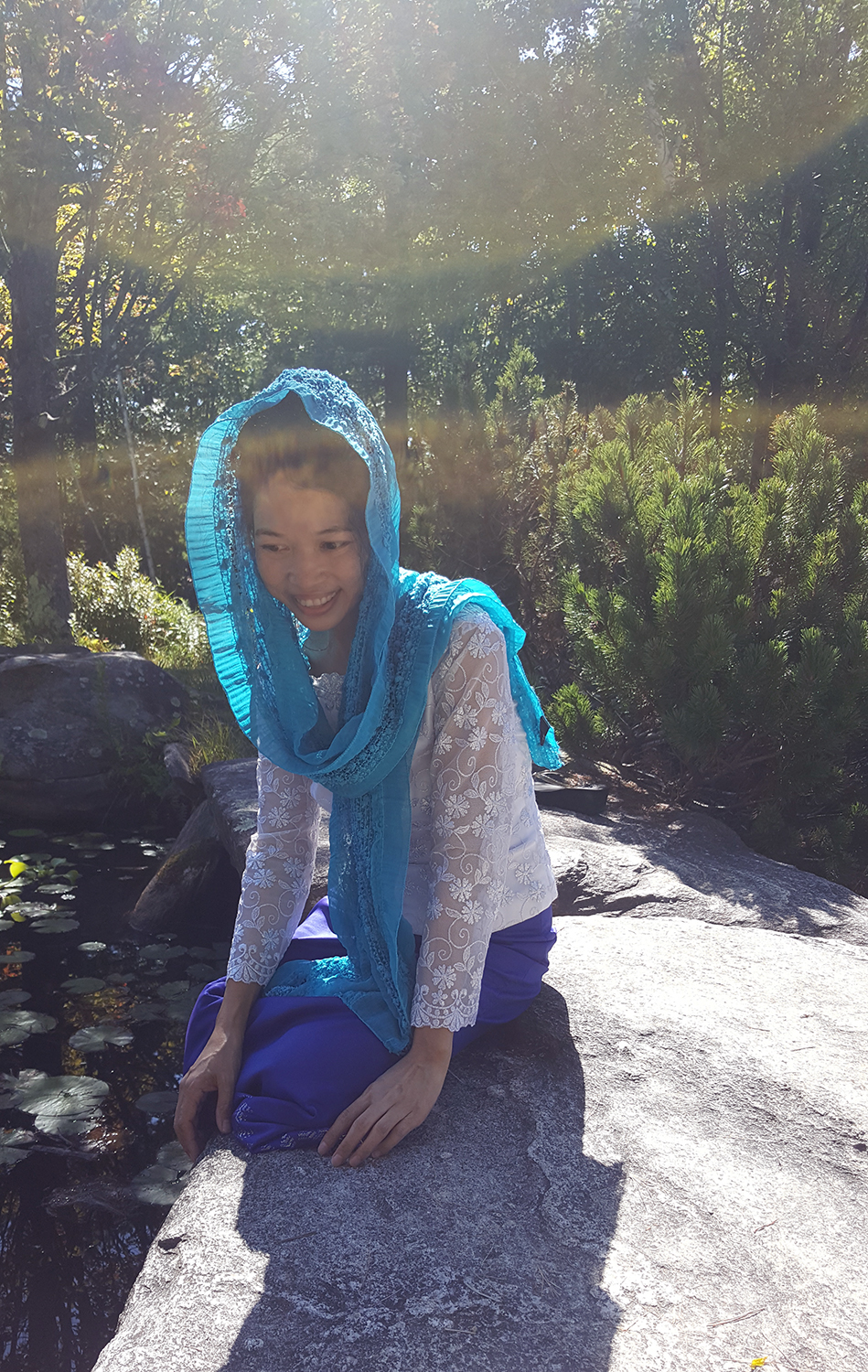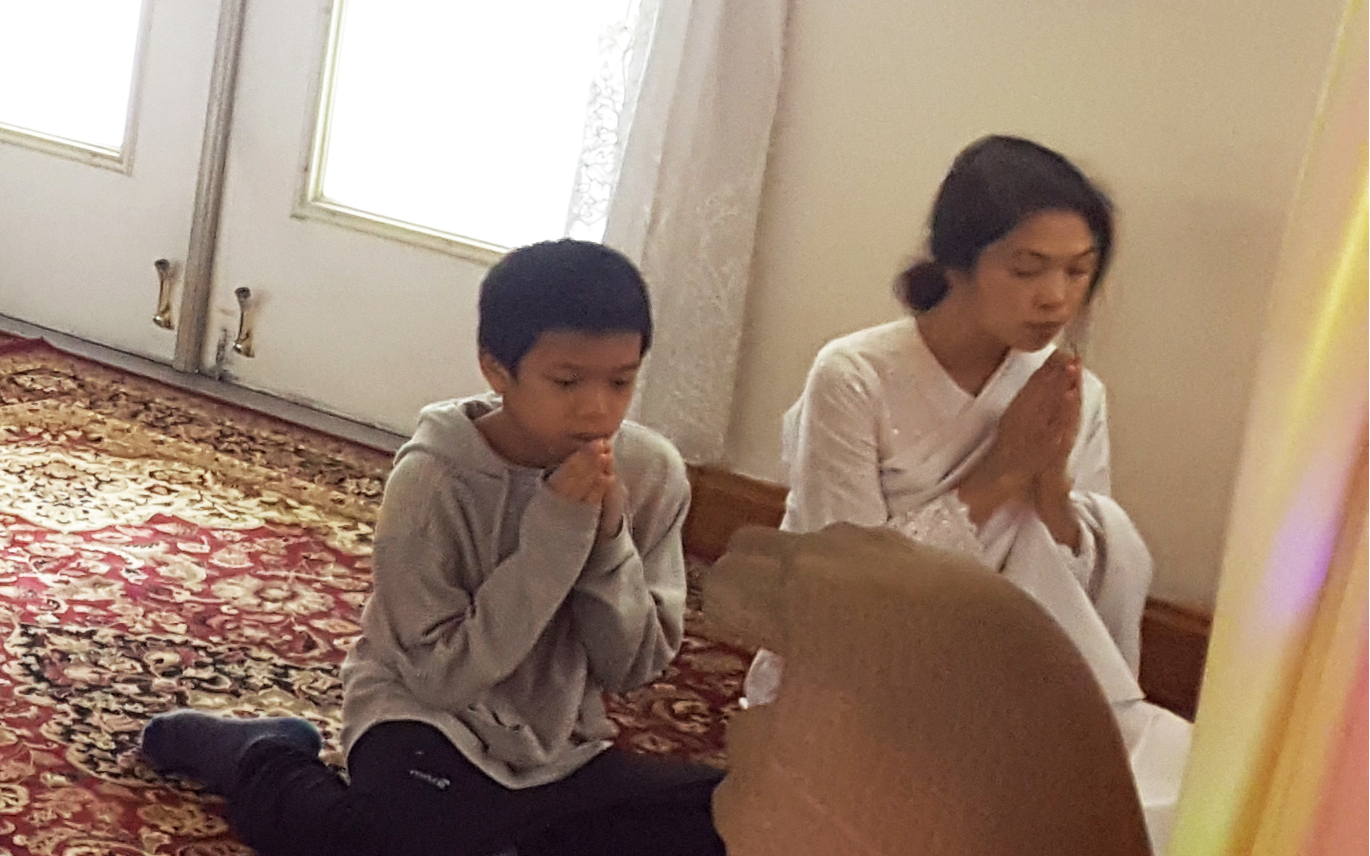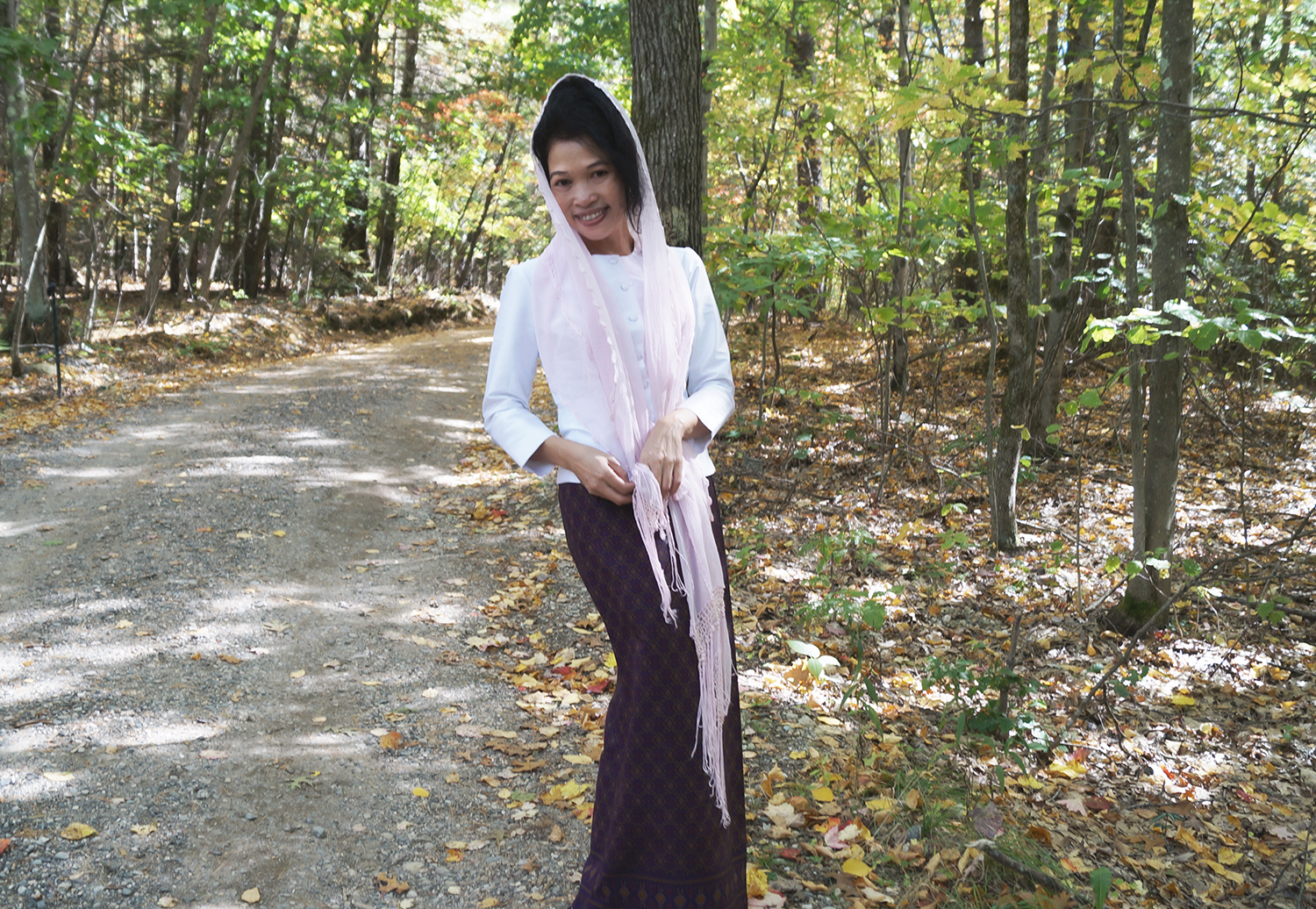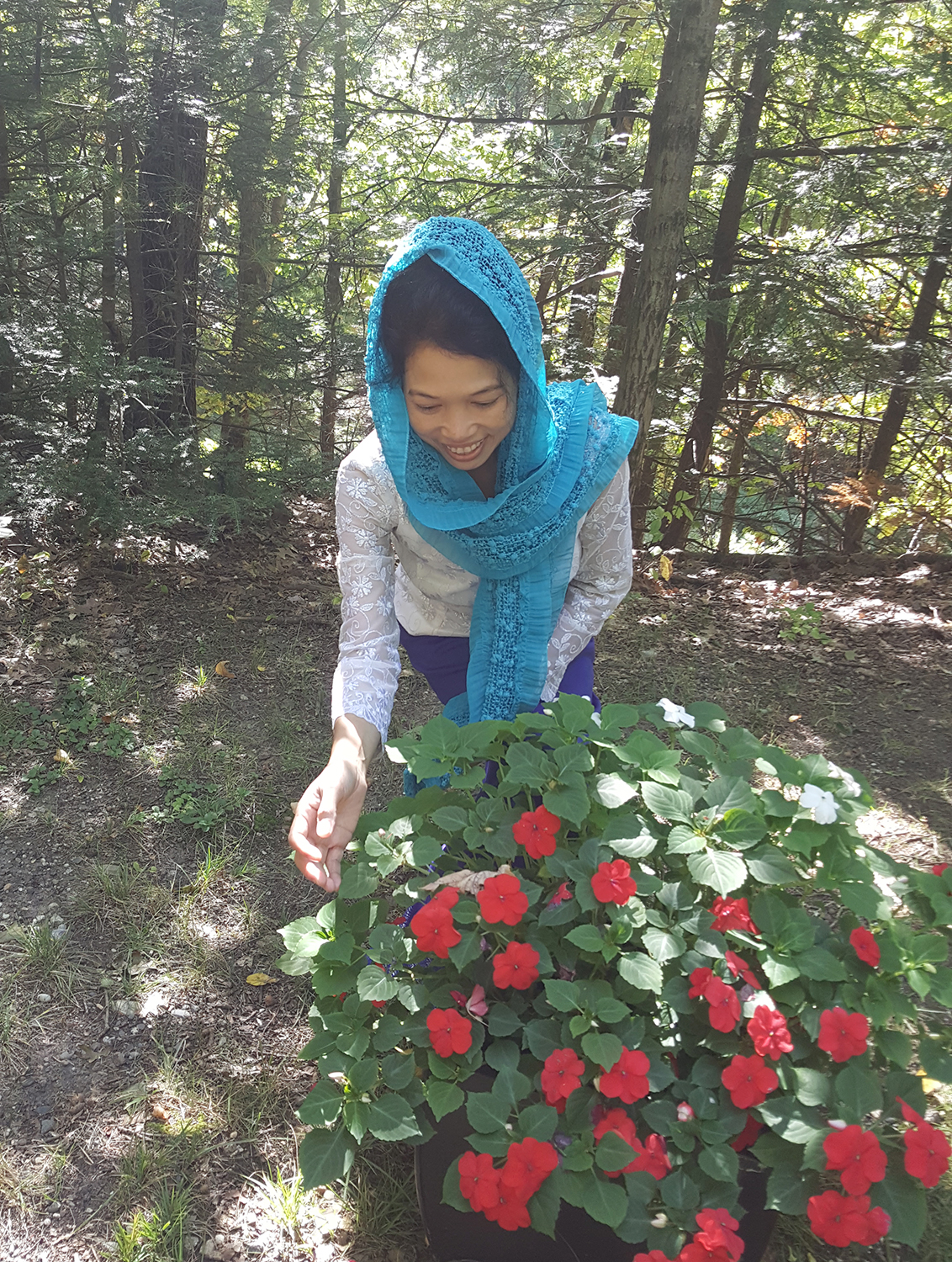-
Comment April 9, 2020
-
40 Little Ways to Find Happiness in What You Already Have
Comment April 9, 2020No, life isn’t perfect, but it’s pretty darn good. You just have to…
1. Embrace your humanness. – Do not endlessly search of sanctity, sacredness, and purity – these things are found after this life, not in it. But in this life you can search to be human – to feel, to give, to take, to laugh, to dance, to get lost, to be found, to love and to lust… to be so unapologetically and beautifully human in every imaginable way.
2. Realize your greatness. – Contrary to what others may say, you do not need to rise to the top, or be the cream of the crop, before you can feel great about yourself. For you are not a failure because you’re not perfect, got rejected or laid off, struggle to make ends meet, or have a family with issues. You are great because, despite your circumstances, you keep loving, you keep getting back up after every fall, and, above all, the little steps you keep taking, you take with grace.
3. Exercise your inner power. – This life is yours, and yours alone. Take the power to choose what you want to do and do it well. Take the power to love what you want in life and love it genuinely. Take the power to walk in nature and be a part of it. Take the power to control your own life. No one else can do it for you. Take the power to make your life happy.
4. Choose differently. – A big part of your life is a result of the little choices you make every day. If you don’t like some part of your life, it’s time to start tweaking things and making better choices, right now, right where you are.
5. Accept yourself just the way you are. – Too many days are wasted comparing ourselves to others and wishing to be something we aren’t. Everybody has their own strengths and weaknesses, and it is only when you accept everything you are, and aren’t, that you will truly find happiness and success.
6. Stop looking for external validation. – You don’t have control over what others think about you, but you do have control over how you decide to internalize their opinions. Leave them to their own judgments. Don’t feel threatened and don’t conform just to please them. Let others love you for who you are, and not for who they want you to be. Continue reading
-
All beings want to be happy
Comment February 23, 2020 -
Concentration – a cornerstone of mindfulness practice
1 February 22, 2020Concentration is a cornerstone of mindfulness practice. Your mindfulness will only be as robust as the capacity of your mind to be calm and stable. Without calmness, the mirror of mindfulness will have an agitated and choppy surface and will not be able to reflect things with any accuracy. ~Jon Kabat-Zinn
-
Right here and right now
1 February 22, 2020 -
Look deeply into the palm of your hand
19 December 4, 2019 -
The world is like a mirror
5 December 4, 2019 -
Double value
1 December 4, 2019 -
Value of relationship
332 December 3, 2019 -
The bitter past
23 December 3, 2019



